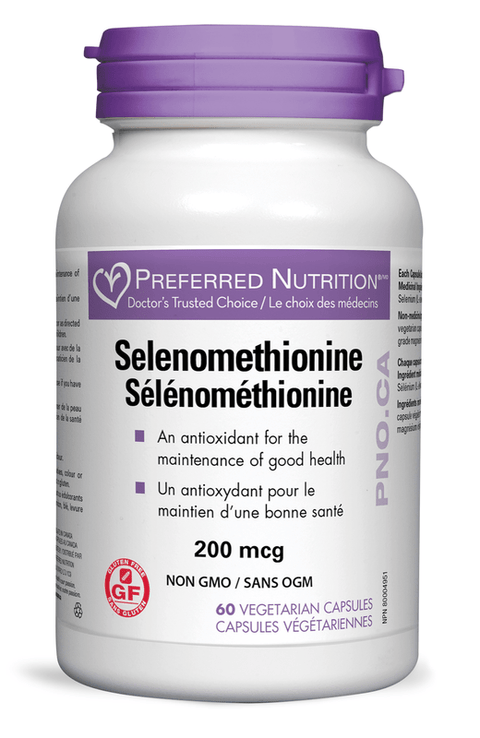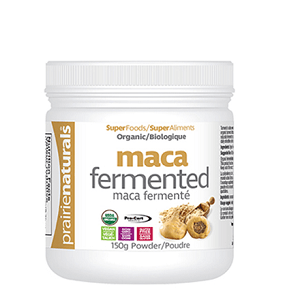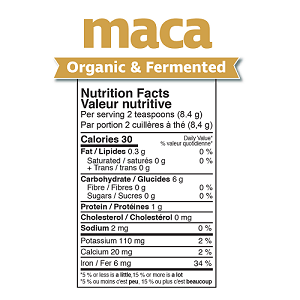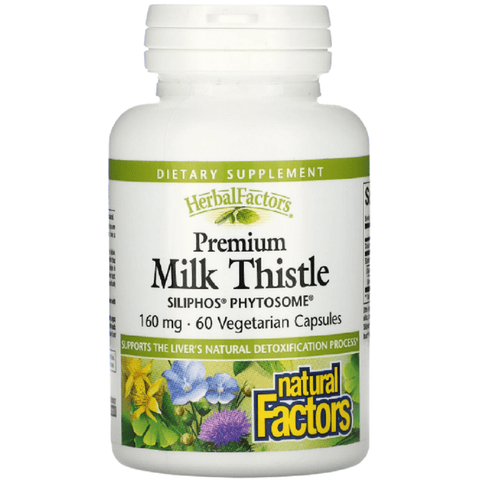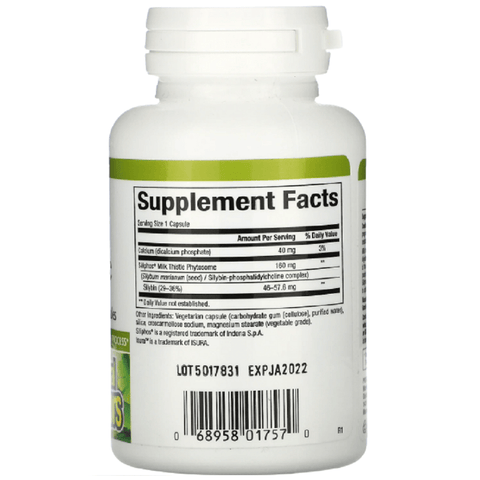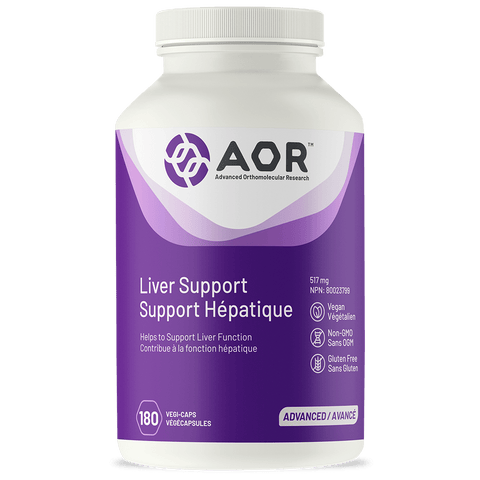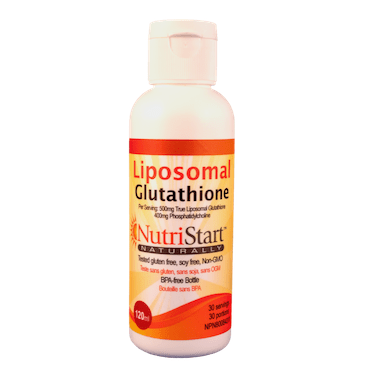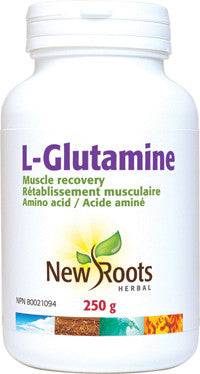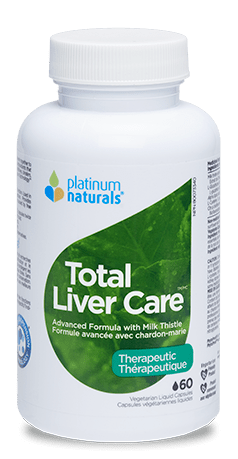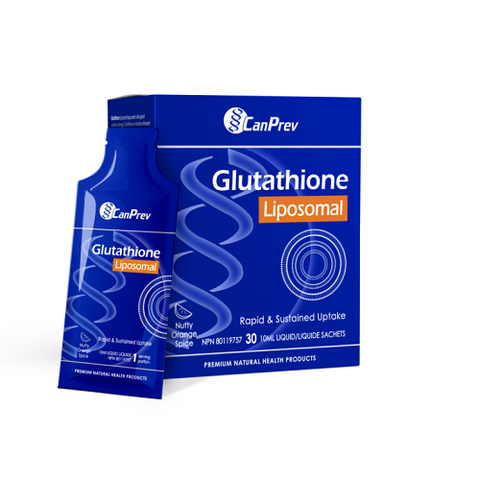Glutathione supplements come in various forms to suit individual needs and preferences. Here's a breakdown of key factors to consider beyond the potential health benefits:
Dosage: Glutathione dosages can vary widely, ranging from 100mg to 1000mg per serving. It's crucial to consult your doctor to determine the appropriate dosage for you.
Formulation:
- Capsules & Tablets: These dry dosage forms offer pre-measured doses for convenience and travel.
- Softgels: Easier to swallow than capsules, these may provide improved bioavailability.
- Liquid Drops: Highly bioavailable, these are ideal for those with swallowing difficulties or who prefer faster absorption.
- Liposomal Delivery: Encapsulated in fat particles, this method aims to enhance absorption through the digestive system.
Source: Glutathione in supplements can be synthetically manufactured or sourced from yeast extracts. There's no strong evidence suggesting one source is inherently superior, but some individuals may prefer a natural source.
Potency: This refers to the amount of glutathione per serving. Start with a lower potency and increase gradually if needed, always following your doctor's guidance.
Solubility: This determines how readily the supplement dissolves in your digestive system, affecting absorption. Liquids generally dissolve more easily than capsules or tablets.
Stability: Certain glutathione formulations may degrade over time. Look for products with a clear expiration date and store them according to the manufacturer's instructions.
Delivery Method: Glutathione supplements primarily come in oral forms like capsules, tablets, liquids, or liposomal solutions.
Remember: Consult your doctor before starting glutathione supplements, especially if you have any underlying health conditions or take medications. They can advise on the right dosage and potential interactions with other drugs.
By understanding these factors, you can choose the glutathione supplement product that best aligns with your needs and preferences.



